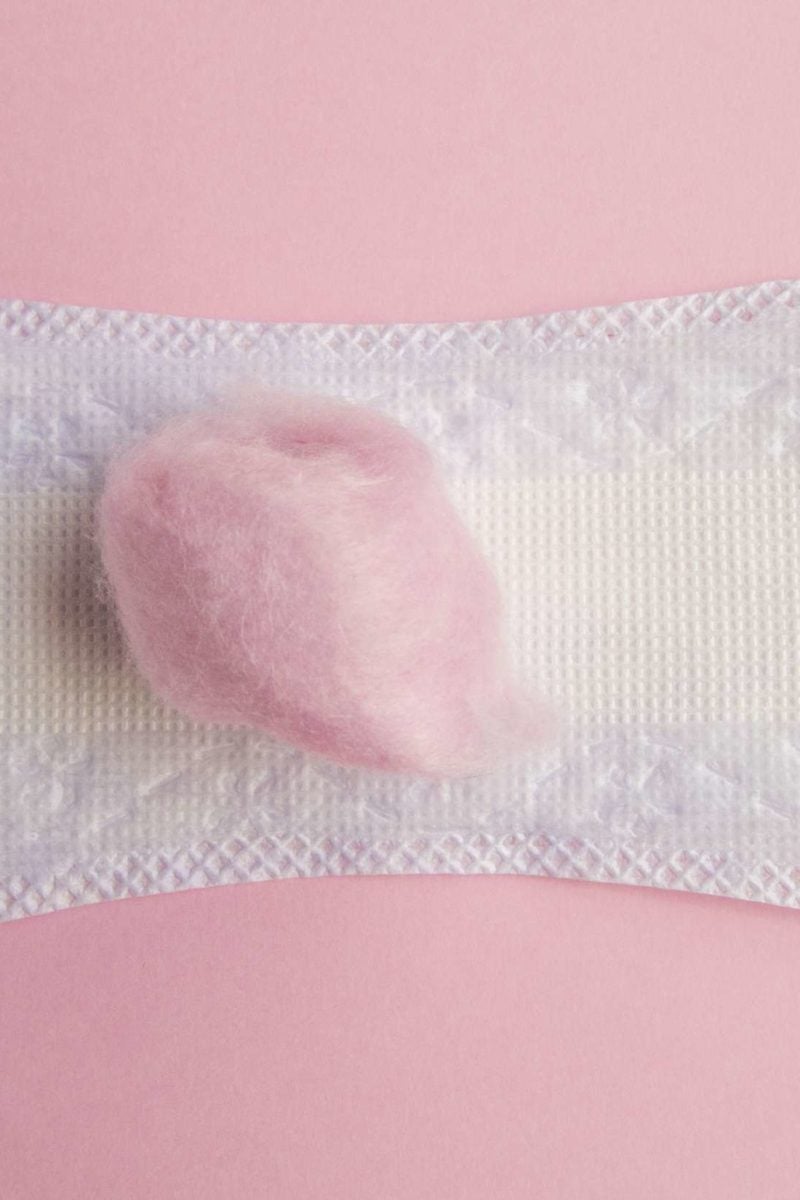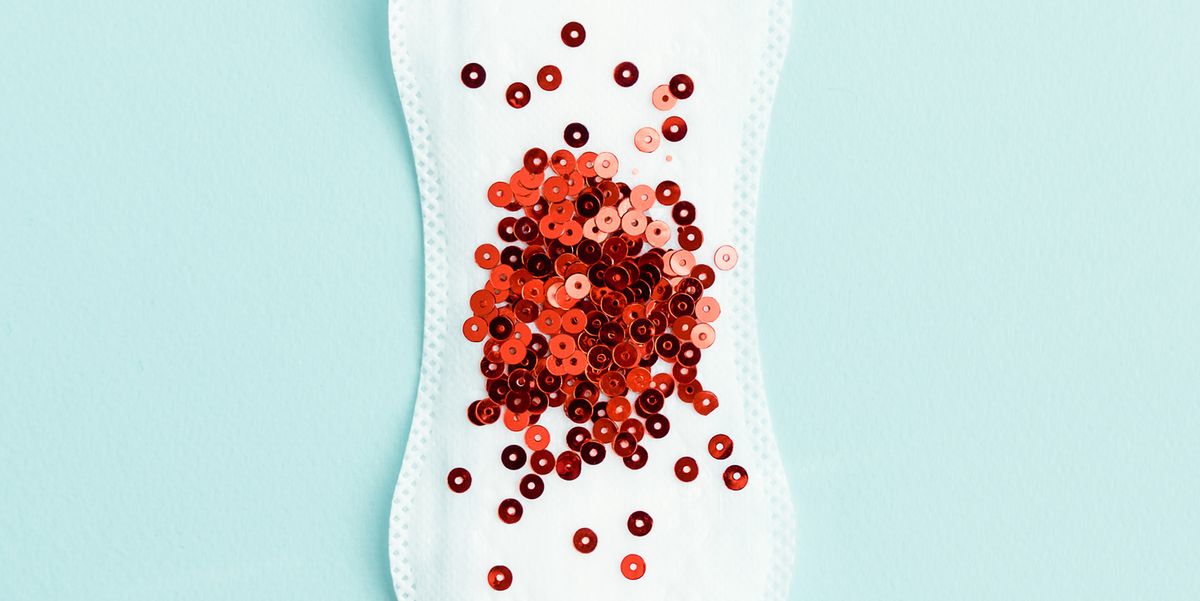Jelly Like Blood Clots During Period. Menstrual blood clots can appear during the heavier days of your period and they are completely normal. It's not something that ever concerned me though because it doesn't happen every time.

I never had clots before baby.
If the blood clots during period are not larger than a quarter and happen occasionally, you have no reason to worry about.
The only difference is that its texture is somewhat different. Menstrual clots generally occur when the flow is heavy. Sometimes, the colour appears too dark and sometimes Clotting without any complications may not need medical help. If you have period blood clots larger than a quarter, then you should inform your doctor. Regularly passing large clots during your period could signal a medical condition that. Unlike clots formed in your veins, menstrual clots by themselves aren't dangerous.
Many women pass period clots at some point during Clots are most common during the heaviest part of your flow - which is usually the first few days. If you've ever spotted large blood clots during your menstrual cycle, you'd be forgiven for assuming the worst. Its likely due to a medical problem like submucous fibroid, cervical polyps. You're more likely to get a DVT if you've haven't moved around for a long time, say after surgery or during a long plane trip. Menstrual clots are lumps of coagulated blood or tissue that are discharged from the uterus during What does a menstrual clot look like? It's not something that ever concerned me though because it doesn't happen every time.
Well, period blood may not be the same every month. Most blood clots during period are quite normal and do not always mean something is wrong. Small lumps of blood during your period could also be clotting abnormalities.






